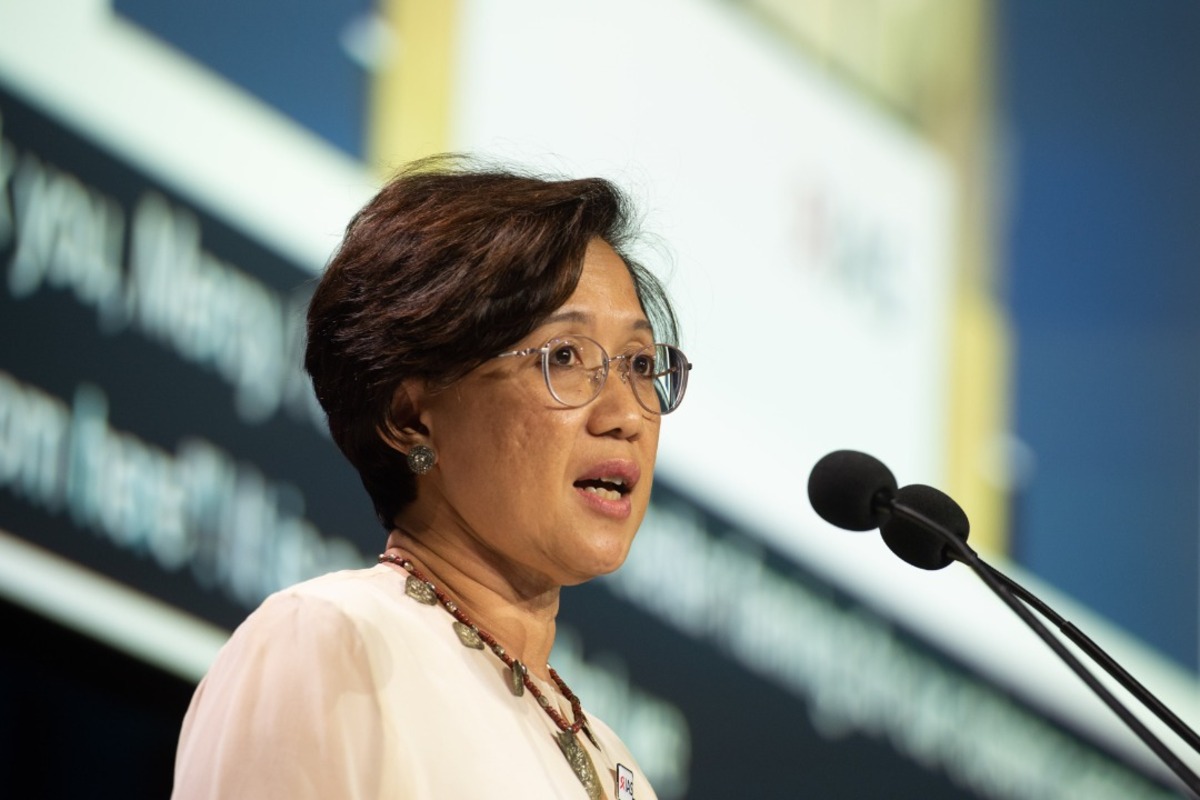KUALA LUMPUR, Feb 29 – Infectious disease expert Prof Dr Adeeba Kamarulzaman has called for reform to change the whopping 11 to 14 years’ duration for doctors to become specialists in Malaysia.
Dr Adeeba, currently president and pro-vice chancellor of Monash University Malaysia, called for significant changes, particularly in the timeframe for junior doctors to enter specialised training programmes.
The former Universiti Malaya (UM) dean of medicine questioned the necessity of the four-year waiting period, either in Master’s programmes or parallel tracks, saying that this delay leaves aspiring specialists “long in the tooth” upon completion.
“When I graduated, it was only one year of housemanship in Australia. Towards the end of our housemanship, you already identified what you wanted to be. In my case, I knew what I didn’t want to be. I didn’t want to be an obstetrician and gynaecologist because I didn’t want to wake up at 3am to deliver.
“I was technically already in a physician training programme in my second year of graduation. In my third year, you undergo the training and sit for the first barrier exam after two years of what is known as basic training. This was 30 years ago.
“And once you pass that exam, and have done the basic training, you enter straight into the sub-specialty. In my case, I did ID (infectious disease) for another three years. So, I was qualified as an ID specialist within eight years.
“I graduated in 1987, and within eight years, I had an FRACP (Fellow of the Royal Australasian College of Physicians) as an ID specialist.
“Now, the average time in Malaysia is 11 to 14 years, which is too long. The reason for this is because medical officers were held back form entering training to ensure that service is not disrupted.
“It is understandable that this needed to happen in the days when we did not have enough doctors or enough specialists to provide the training, but now that we do, I think we can organise ourselves better and ensure that we provide more opportunities for people to be trained on the job,” Dr Adeeba said at the “Specialising in Malaysia” forum organised by the Malaysian Medical Association’s (MMA) Section Concerning House Officers Medical Officers and Specialists (Schomos) last February 3.
New Paradigm For Specialist Training
Dr Adeeba also called for the medical fraternity to “move away” from the existing framework.
“We need to think of a new paradigm in order to train our doctors. It cannot be parallel pathway done in Ministry of Health (MOH) hospitals, and universities doing the Masters of Medicine in university hospitals.
“We need to come together and align and harmonise as one cohesive training programme. By doing that and combining our efforts and strengths, I foresee that we can even provide training in “difficult” places like rural areas or even prisons,” Dr Adeeba said.
“By using technology, by using competency-based training and structure, by us committing to a structured, cluster system, we can open up so many, many more training sites.
“Why is a junior doctor, who is in a hospital, where there are a number of specialists providing service there, their time there, why is that not being recognised as a potential training site?
“If we get our act together and have a clear competency framework, work-based assessments, and identify where these trainings can occur, I can assure you that more training spaces will open, especially for internal medicine, family medicine – the non-intervention specialist programmes. It is a little more complicated for programmes with surgical interventions,” Dr Adeeba added.
“My plea is for all of us to break from the current paradigm and see what’s possible.
“The whole purpose, or one of the purposes, of embarking on the national curriculum project is to have clear criteria for training sites and trainers, clear criteria for entry into the programme and exit criteria, work-based assessments, and not just rely on exams alone as a measure of someone’s knowledge and competency,” Dr Adeeba said.
In other words, Dr Adeeba said the current system needed a complete overhaul.
“We need a proper governing structure that combines both the MOH and the Ministry of Higher Education (MOHE) to provide governance and oversight and set policy directions. We need to identify all the potential sites where training can occur across the health system and provide a clear pathway for training for each medical officer who wants to specialise.”








